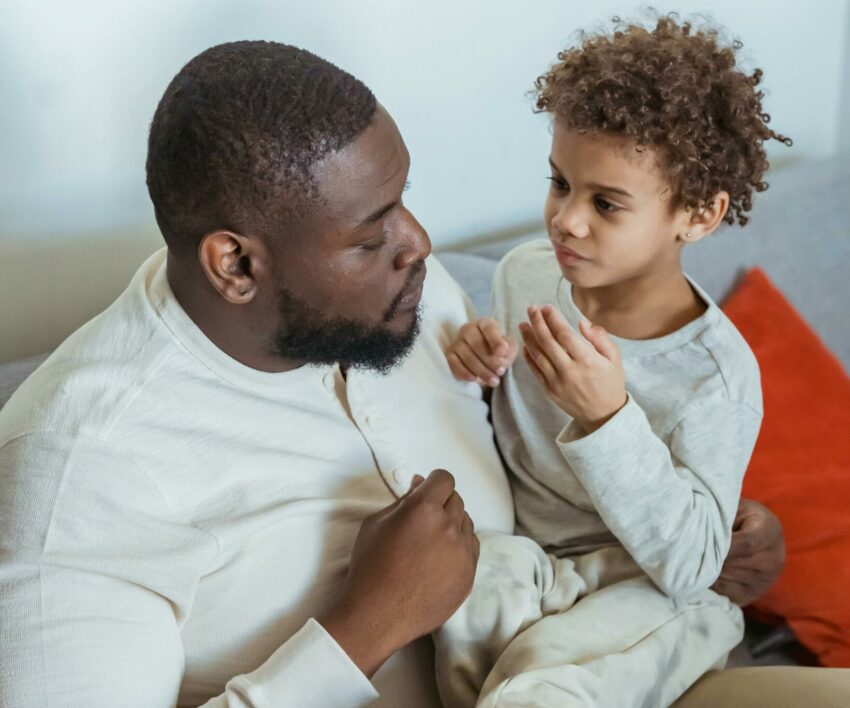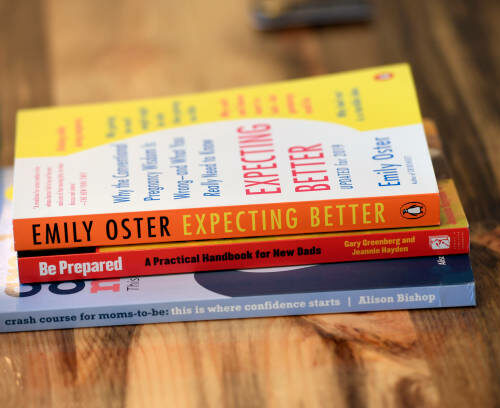
As parents, we try by all means to protect our children’s physical mental and emotional well-being. If your child wants to go play outside, you make sure it is safe and he/she is well prepared to go play.
This also applies to the kid’s emotions, you wouldn’t want them to feel sad for whatever reason. Be that as it may, it is inevitable that kids will experience all kinds of feelings as long as they are alive.
It is then a parent’s responsibility not to prevent them from feeling these big feelings but to help the kids go through them.
So, how do you go about sharing bad news with your child? There are strategies suggested by psychological experts that you can try and implement:
Use appropriate language: Happiful, states that to effectively communicate with children, use age-appropriate language and communication based on their developmental level. It is also suggested that you avoid ambiguity and misunderstandings, and focus on key parts of the news without overwhelming them with too much information, as this will help them understand and process the information.
Build up courage: The above source also advises that you model healthy coping strategies from the start, teaching your child how to express and cope with difficult emotions. Happiful further states that you encourage your child to express their feelings through talking about them, engaging in soothing activities, or seeking support. “Let your child know that whatever they feel is completely acceptable, and allow them to express their thoughts and feelings openly without judgement.”
Be honest: Maintaining secrets can add uncertainty and stress to children, claims Coping Space. The publication encourages that you keep facts clear and understandable, without providing graphic details, but enough to keep them informed. ”
Don’t make promises: The above source further claims that you need to “Reassure your child that none of this is their fault and that you will do everything you know to take care of them.” However, you are cautioned not to make unrealistic promises and consult with your medical team to ensure they understand your expectations.
Respect their reaction: According to a Child Psychologist, when telling your kid bad news you need to respect their ability to cope with the news. “Children whose parents speak to them as ‘equals’ feel respected and trusted and are likely to respond with more maturity in a problematic situation.”
Also see: Children need therapy too, here’s why…




